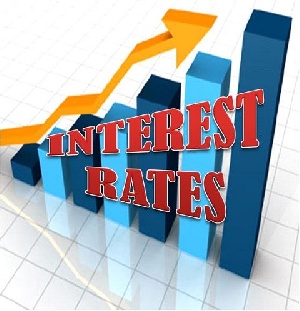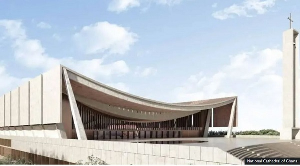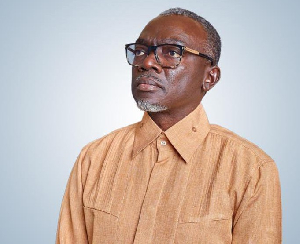The cost of borrowing for business in Ghana is unlikely to decline any time soon as research and investment firm, InvestCorp is projecting a further hike in the central bank’s policy rate to 27.50 per cent by the end of this year.
The policy rate is the rate at which commercial banks borrow from the Bank of Ghana (BoG).
This indicates that treasury yields will start going up once again due to the strict adherence to the fiscal consolidation programme by the government.
Interest rates on the money market are hovering between 22 and 24.5 percent but many economists and market watchers are worried because of the disconnection with the policy rate of 26 per¬cent and the interbank interest rate of 25.41 percent.
The IMF through its three-year Extended Credit Facility programme with Ghana has constantly directed government to remain fiscally disciplined in order to curb inflation and achieve exchange rate stability.
In its reaction to the latest maintenance of the policy rate at 26 percent by the central bank last week, InvestCorp said monetary policy tightening might do more harm than good to the economy, especially if it is combined with the cur¬rent revenue-based fiscal consolidation strategy.
It pointed out that “monetary policy must be aligned to a faster GDP growth recovery. This approach will not only help businesses and improve consumer demand, but will also ease pressure on the banking sector’s balance sheets and non-performing loans.”
“The decision to maintain the Monetary Policy Rate (MPR) at 26 percent despite the recent inflation pressures provides some flexibility for inter¬est rate reduction in the near future - and we believe that this would be an appropriate response to support a faster growth recovery,” it added.
However, InvestCorp said to make the lower MPR effective, it is expected that its reduction must be accompanied by a simultaneous decline in treasury yields adding, while this may be difficult due to the country’s fiscal consolidation strategy being revenue-led, it can be pushed within the context of an independent central bank and a realisation that both monetary and fiscal pol¬icy must work more effectively in restoring faster economic growth.
The Bank of Ghana has maintained a tight policy stance since February 2012, with the country’s MPR increasing from 12.5 percent to 26 percent over the past 4 years.
“We see the current sources of inflation for Ghana being induced by structural factors including administrative price adjustments and fuel levies. In our view, this is not a monetary phenomenon and tightening monetary policy is not required to bring inflation down,” the investment firm explained.
It noted that the country must allow the pass through effects of this ad¬ministered and policy-induced price increases on inflation to filter through the economy.
The Monetary Policy Committee of the Bank of Ghana recently said the risks to inflation and growth outlook was balanced, hence the need to maintain the current monetary policy stance which together with fiscal consolidation would help bring inflation further down.
It however said it will continue to monitor developments in the economy and take further actions, if necessary, to ensure the attainment of its target within the fore¬cast horizon.
Business News of Thursday, 31 March 2016
Source: Business Finder

















